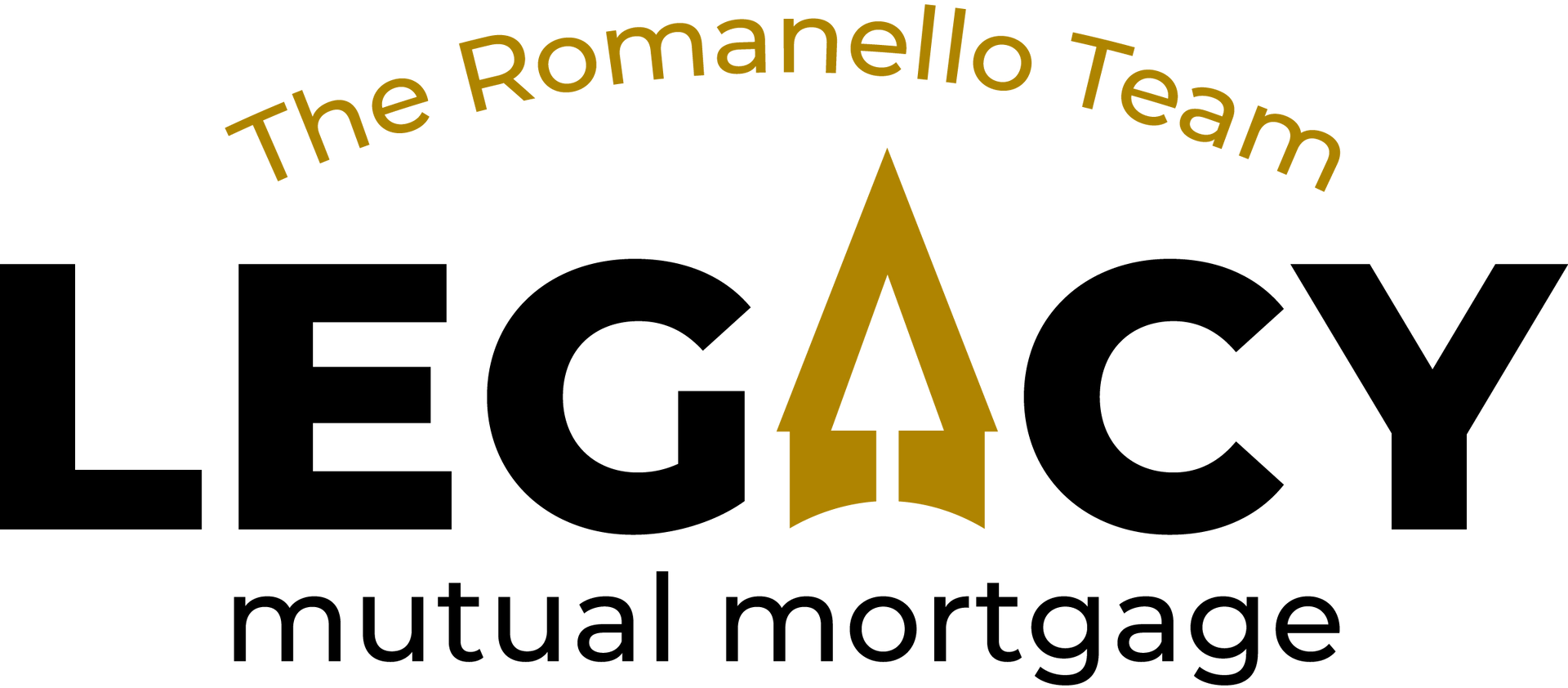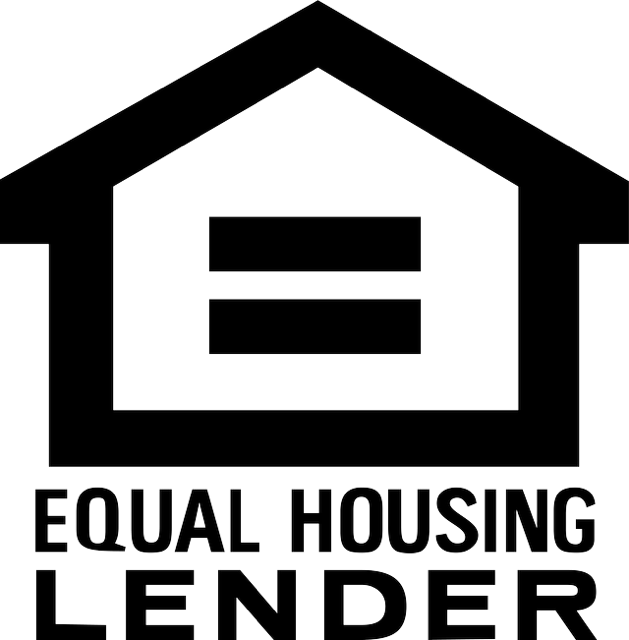Loan Programs
Welcome to our Loan Programs page, your comprehensive guide to the diverse range of financing options we offer. Whether you're looking to buy your first home, refinance your current mortgage, or invest in property, our tailored loan programs are designed to meet your unique needs. Explore our competitive rates, flexible terms, and personalized service that make securing the right loan simple and stress-free. Let us help you achieve your financial goals with confidence and ease.
Conventional Loans
Conventional loan guidelines typically follow the standards set by Fannie Mae and Freddie Mac, the two government-sponsored enterprises that buy and guarantee conventional mortgages. Here are some key guidelines for conventional loans.
Credit Score:
Generally, a credit score of 620 or higher is required for conventional loans. However, borrowers with higher credit scores may qualify for better interest rates and terms.
Down Payment:
The standard down payment for a conventional loan is typically 20% of the home's purchase price. However, borrowers may qualify for loans with down payments as low as 3% to 5% with private mortgage insurance (PMI).
Income & Employment History:
Borrowers are required to have a stable income and employment history. We will look for two years of continuous employment or income.
Property Appraisal:
The property being financed must undergo an appraisal to determine its value. The appraisal must meet the our investors requirements and guidelines.
Loan Limits:
Conventional loans have loan limits set by Fannie Mae and Freddie Mac. These limits vary by location and are adjusted annually. Currently we are at $766,550 in 2024.
Residency Status:
Borrowers must be U.S. citizens, permanent residents, or non-permanent residents with valid Social Security numbers.
Documentation:
Borrowers must provide various documents, including income verification (pay stubs, W-2s, tax returns), asset statements, employment verification, and other relevant paperwork.
FHA Loans
FHA (Federal Housing Administration) loan guidelines are established to help individuals with lower credit scores and down payment capabilities qualify for home loans. Here are the key guidelines for FHA loans:
Credit Score:
The minimum credit score requirement for an FHA loan is typically 580. Borrowers with a credit score between 500 and 579 may still qualify...call us to see what we can do!
Down Payment:
FHA loans offer a lower down payment option compared to conventional loans. The minimum down payment requirement is usually 3.5% of the purchase price.
Income & Employment History:
Borrowers must have a steady income and employment history. We will look for two years of continuous employment or income.
Mortgage Insurance Premium (MIP):
The property being financed must undergo an appraisal to determine its value. The appraisal must meet the our investors requirements and guidelines.
Property Standards:
The property being financed must undergo an appraisal to determine its value. The appraisal must meet the our investors requirements and guidelines.
Loan Limits:
FHA loan limits vary by location and are based on the median home prices in the area. Borrowers should check the FHA loan limits for their specific location. Currently we are at $557,750 (Bexar County and surrounding areas).
Residency Status:
Borrowers must be U.S. citizens, permanent residents, or non-permanent residents with valid Social Security numbers.
Documentation:
Borrowers must provide various documents, including income verification (pay stubs, W-2s, tax returns), asset statements, employment verification, and other relevant paperwork.
VA Loans
VA (Department of Veterans Affairs) loan guidelines are specifically designed to help eligible veterans, active-duty service members, and certain spouses purchase homes with favorable terms. Here are the key guidelines for VA loans:
Eligibility:
Borrowers must meet the VA's eligibility requirements, which include serving a minimum period of active duty in the military, being a veteran with an honorable discharge, or being a current member of the National Guard or Reserves.
Certificate of Eligibility (COE):
Borrowers must obtain a COE from the VA to demonstrate their eligibility for a VA loan.
Down Payment:
VA loans offer the benefit of zero down payment, allowing eligible borrowers to finance up to 100% of the home's purchase price.
Credit Score:
While the VA does not set a minimum credit score requirement, we look at a 580 or higher for VA loan approval.
Funding Fee:
VA loans may require a funding fee, which can vary based on factors such as military status, down payment amount, and whether it's the borrower's first VA loan. The funding fee can be financed into the loan amount.
Property Standards:
The property being financed must meet the VA's minimum property requirements (MPRs), which include safety, security, and livability standards.
Loan Limits:
VA loan limits vary by county and are based on the conforming conventional loan limits set by Fannie Mae and Freddie Mac. Borrowers can typically finance loans above the county limit with a VA Jumbo Loan (which we also offer!)
Residency Status:
Borrowers must intend to occupy the property as their primary residence.
Documentation:
Borrowers must provide various documents, including their COE, income verification (pay stubs, W-2s, tax returns), asset statements, employment verification, and other relevant paperwork.
USDA Loans
USDA (United States Department of Agriculture) loans are designed to help low- to moderate-income borrowers in rural and suburban areas purchase homes with favorable terms. Here are the key guidelines for USDA loans:
Property Eligibility:
The property being financed must be located in a designated rural or suburban area as defined by the USDA. Borrowers can check the USDA's eligibility map or give us a call to determine property eligibility.
Income Eligibility:
Borrowers must meet income eligibility requirements based on the area's median income levels. The USDA sets income limits for different household sizes and regions. Generally, borrowers should have a stable income that does not exceed the USDA's income limits for their area.
Credit Score:
While the USDA does not set a minimum credit score requirement, we look at a 580 or higher for USDA loan approval.
Down Payment:
USDA loans offer the benefit of zero down payment, allowing eligible borrowers to finance up to 100% of the home's purchase price.
Property Standards:
The property being financed must meet the USDA's minimum property requirements (MPRs), which include safety, security, and livability standards.
Loan Limits:
USDA loans do not have set loan limits like conventional or FHA loans. Instead, loan amounts are based on the borrower's income, debt, and ability to repay the loan.
Residency Status:
Borrowers must intend to occupy the property as their primary residence.
Documentation:
Borrowers must provide various documents, including income verification (pay stubs, W-2s, tax returns), asset statements, employment verification, and other relevant paperwork.
Non-QM Loans
Non-QM (Non-Qualified Mortgage) loans are mortgage products designed for borrowers who may not meet the stringent criteria of traditional qualified mortgages (QM) set by government-sponsored entities like Fannie Mae and Freddie Mac. We are proud to work with multiple investors that offer alternative financing options for individuals with unique financial situations or non-traditional income sources. Here are a few aspects of Non-QM loans:
Flexible Qualification Criteria:
Non-QM loans have more flexible qualification criteria compared to traditional QM loans. They may consider factors such as bank statement income, asset-based income, or non-traditional employment history.
Credit History:
Non-QM loans may accommodate borrowers with less-than-perfect credit histories, including past credit issues such as bankruptcies, foreclosures, or low credit scores.
Debt-to-Income Ratio (DTI):
Non-QM loans may accept higher DTI ratios than QM loans, allowing borrowers with higher debt levels to qualify.
Property Types:
Non-QM loans may finance unconventional property types, such as investment properties, vacation homes, or properties with unique characteristics that don't meet conventional lending standards.
Interest Rates:
Non-QM loans may have slightly higher interest rates than QM loans due to the increased risk associated with non-traditional borrowers. However, they provide access to financing for individuals who may not qualify for conventional loans.
Documentation Requirements:
While non-QM loans offer flexibility, borrowers are still required to provide documentation to verify income, assets, and other financial aspects. Lenders may use alternative documentation methods to assess a borrower's creditworthiness.
Loan Terms:
Non-QM loans can offer various loan terms, including fixed-rate and adjustable-rate options, to meet the needs of different borrowers.
Non-QM loans provide a valuable alternative for borrowers who don't fit into the traditional mortgage lending criteria.



